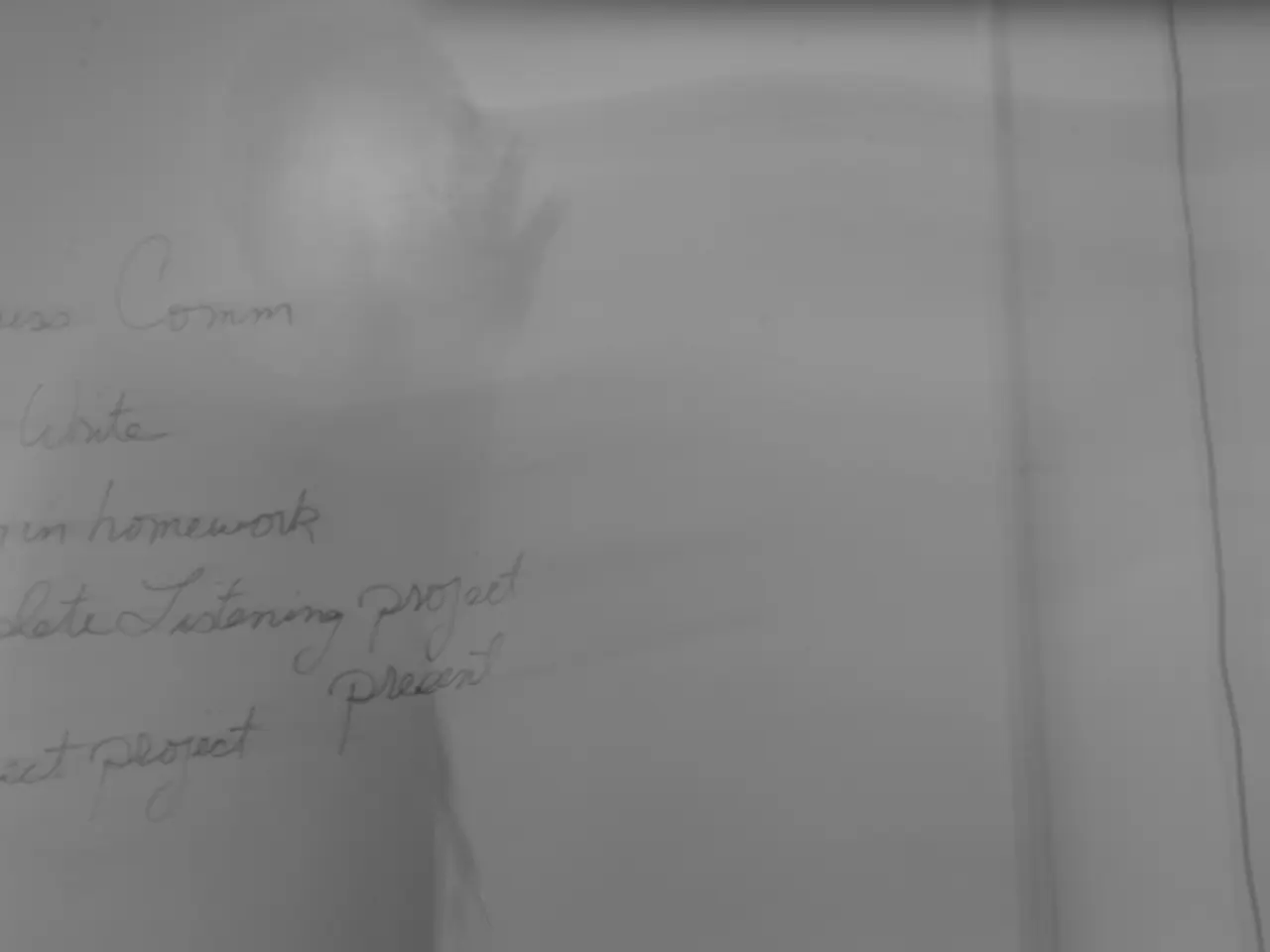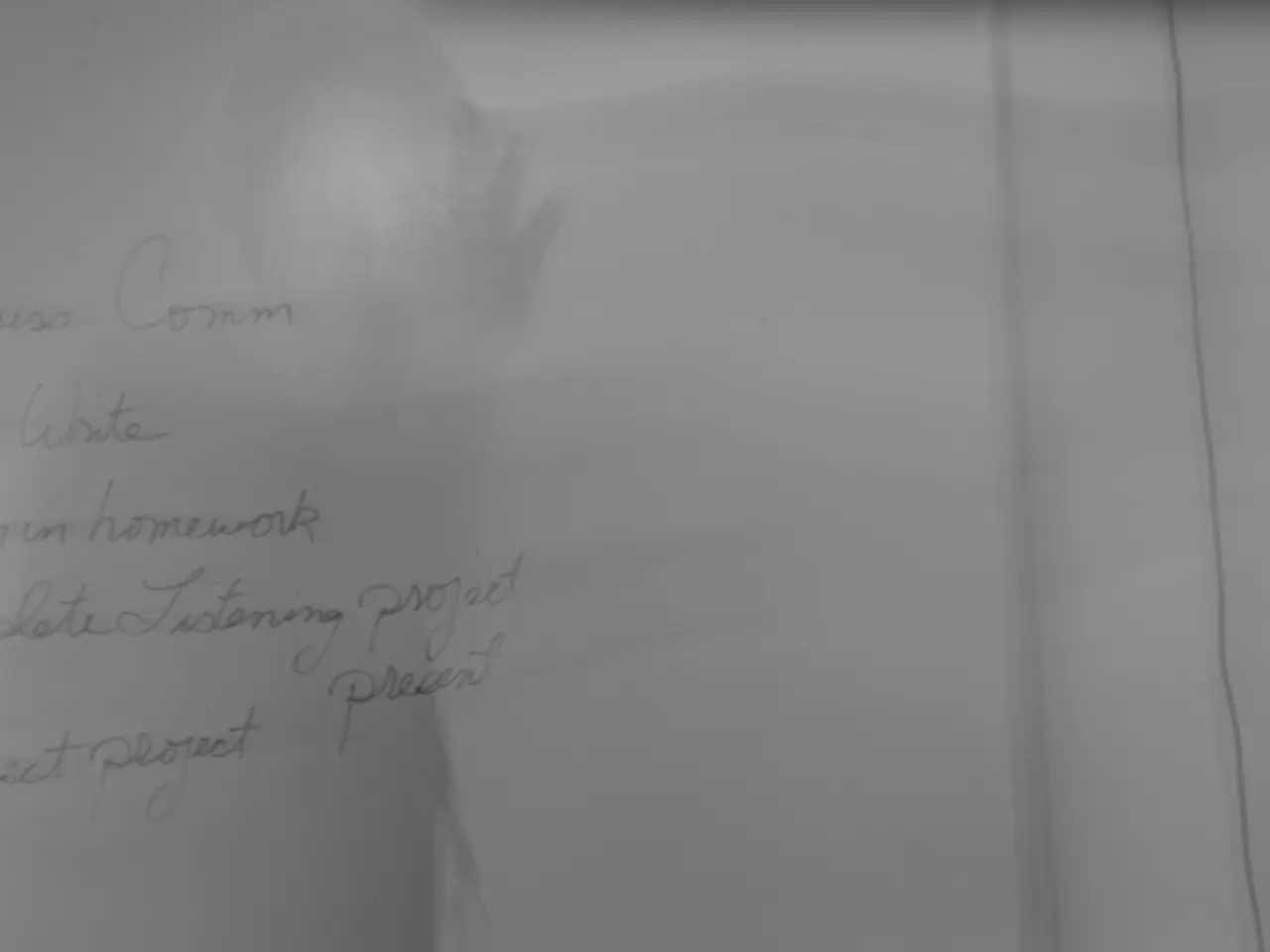A reminder: Don't forget to meet the 'payment on account' tax deadline on July 31st!
In the UK, Self-Assessment taxpayers are reminded that the second payment on account for the 2024/25 tax year is due by 31st July 2025. This payment, which is an advance towards income tax and Class 4 National Insurance for the tax year, is usually around 50% of the previous year's tax bill if it exceeded £1,000.
Importance of Meeting the Deadline
Meeting the deadline for the second payment on account is crucial to avoid incurring interest charges and penalties. HMRC will charge interest on any late payment starting from the due date, and you may also face penalties for late payment. The late payment interest rate for income tax is currently 8.25%, making it more important than ever to pay outstanding tax by the deadline.
Requirements and Consequences
The second payment on account applies if your 2023/24 Self-Assessment tax bill was over £1,000 and you have not paid more than 80% of the total tax owed already. If you miss the payment deadline, HMRC will charge interest on any late payment starting from the due date until the payment is made. You may also face penalties for late payment if the payment is not made within a certain timeframe after the deadline.
Additional Notes
Even if you have not received a reminder from HMRC, you are still responsible for making the payment on time. If your income has changed significantly, you can try to reduce your payments on account by notifying HMRC, but this must be done before the deadline to avoid penalties.
Payment Options
Once you have completed your tax return, you have several payment options for clearing your tax bill, including a single lump sum payment or installments. The tax can be paid online, via bank transfer, direct debit, or a cheque in the post, or at a bank or building society for those who still receive paper statements from HMRC.
Who Needs to File a Self-Assessment Tax Return?
Approximately 12 million people are expected to file a self-assessment tax return each year, including those who receive income from renting property, investments, capital gains tax, income from abroad, or need to repay child benefit. The deadline to file a self-assessment tax return and pay the tax bill is 31st January if done online, or 31st October for those who file by paper.
Refunds and Excuses
Refunds can be claimed up to four years after a tax year ends. HMRC may accept certain excuses for late tax returns, such as death of a close relative, hospitalization, or computer failure.
In summary, Self-Assessment taxpayers should ensure the second payment on account of 31st July 2025 is paid on time to avoid interest charges and penalties, with the payment usually being half of the previous year’s tax bill if liability exceeds £1,000.
Managing personal-finance and staying aware of interest rates is vital. Meeting the deadline for the second payment on account can save you from incurring additional interest charges and penalties related to your property or investments, as HMRC imposes late payment interest at a rate of 8.25% on outstanding tax.




